Osteopathy is a holistic approach to healthcare that focuses on the musculoskeletal system and its relationship to overall wellbeing.
Osteopathy is generally considered safe when performed by a qualified and licensed therapist. However, it is important to disclose any underlying health problems or concerns to your osteopath.
Osteopathic treatment involves manual techniques such as stretching, manipulation and massage to improve the body's function and promote self-healing.
Osteopathy can be helpful for pregnancy complaints such as back pain, pelvic pain and postural changes. However, it is important to consult your doctor before starting osteopathic treatment during pregnancy.
Osteopathy and women's health is one of our specialities. For more information on osteopathy and women's health, please see here.
Yes, osteopathy can also be very useful for children. It is a gentle and non-invasive form of therapy that can help with a wide range of complaints. Here are some reasons why osteopathy can be useful for children:
As with any form of therapy, it is important that the treatment is carried out by a qualified professional.
Paediatric osteopathy is one of our specialities. You can find more information here.
Yes, osteopathy can help with sports injuries by treating the affected areas and promoting healing.
Sports osteopathy is one of our specialities. You can find further information on the topic of sports osteopathy here.
Yes, osteopathy can help with menstrual cramps by treating musculoskeletal dysfunctions that can lead to pain and cramps.
Osteopathy and women's health is one of our specialities. For more information on osteopathy and women's health, please see here.
Many insurance companies subsidise the therapy. Please ask your health insurance company whether the costs of osteopathic treatment are covered, at least proportionally.
The fee is based on the fee schedule for alternative practitioners (GebüH). If you are unsure, please clarify in advance whether your private health insurance will cover the costs.
One treatment session costs:
If you have statutory insurance and supplementary insurance, we need the details (name) of the supplementary insurance. The invoice you receive as a "purely" legally insured person is not sufficient for the supplementary insurance! If an invoice is issued "incorrectly" due to missing information, we unfortunately cannot make any retroactive changes.
An osteopathic treatment usually lasts between 30 and 45 minutes, depending on individual needs. Learn more about the topic here.
With my blog I would like to make the field of holistic health consisting of expert knowledge and practical insights on MIND, BODY and LIFESTYLE accessible to the general public.
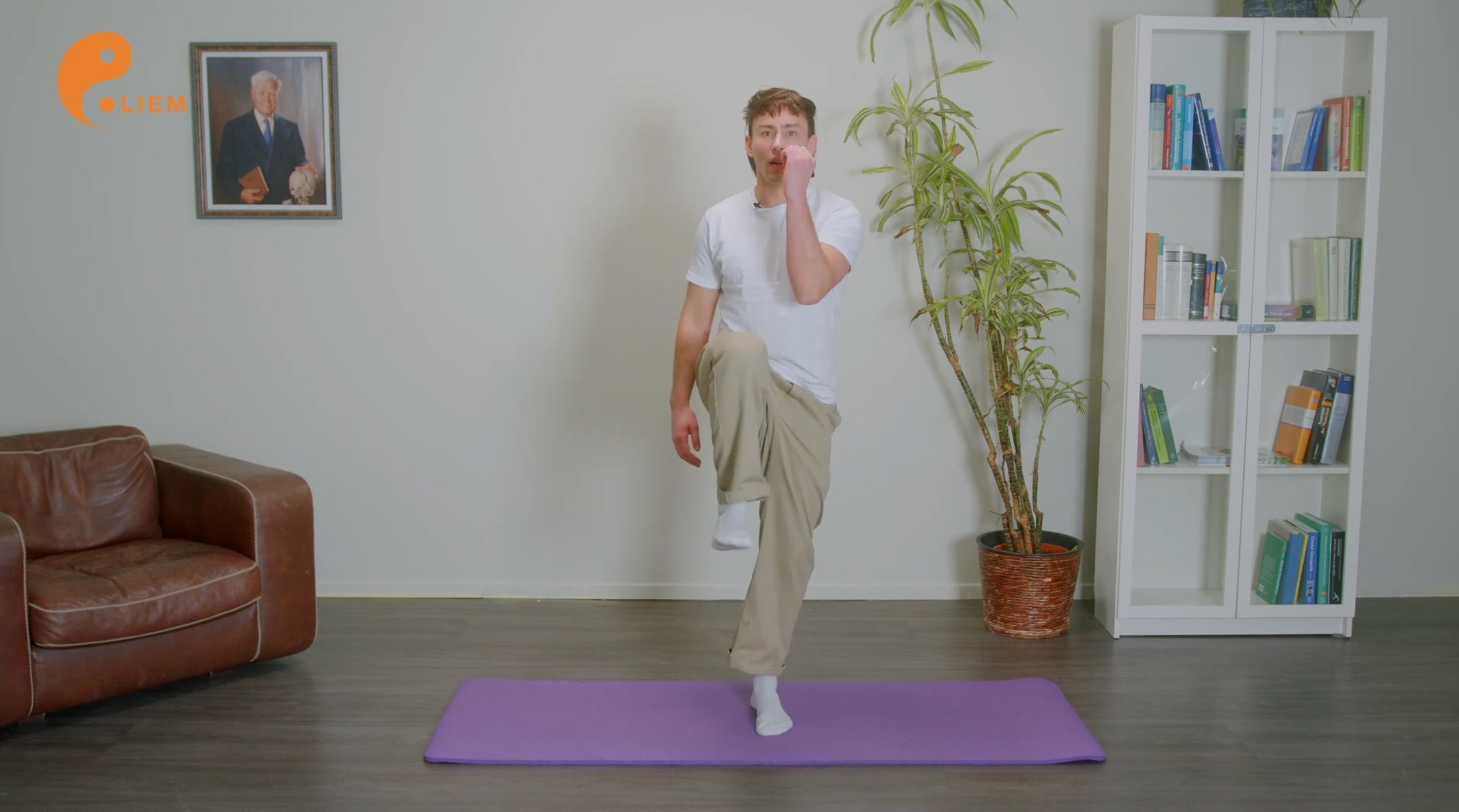
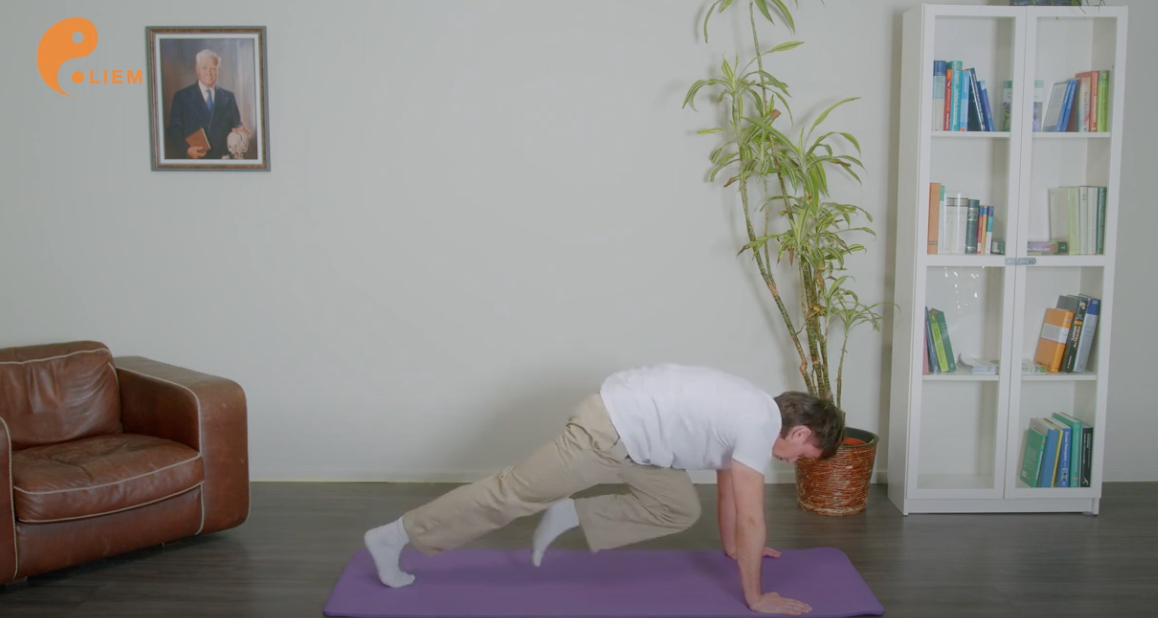
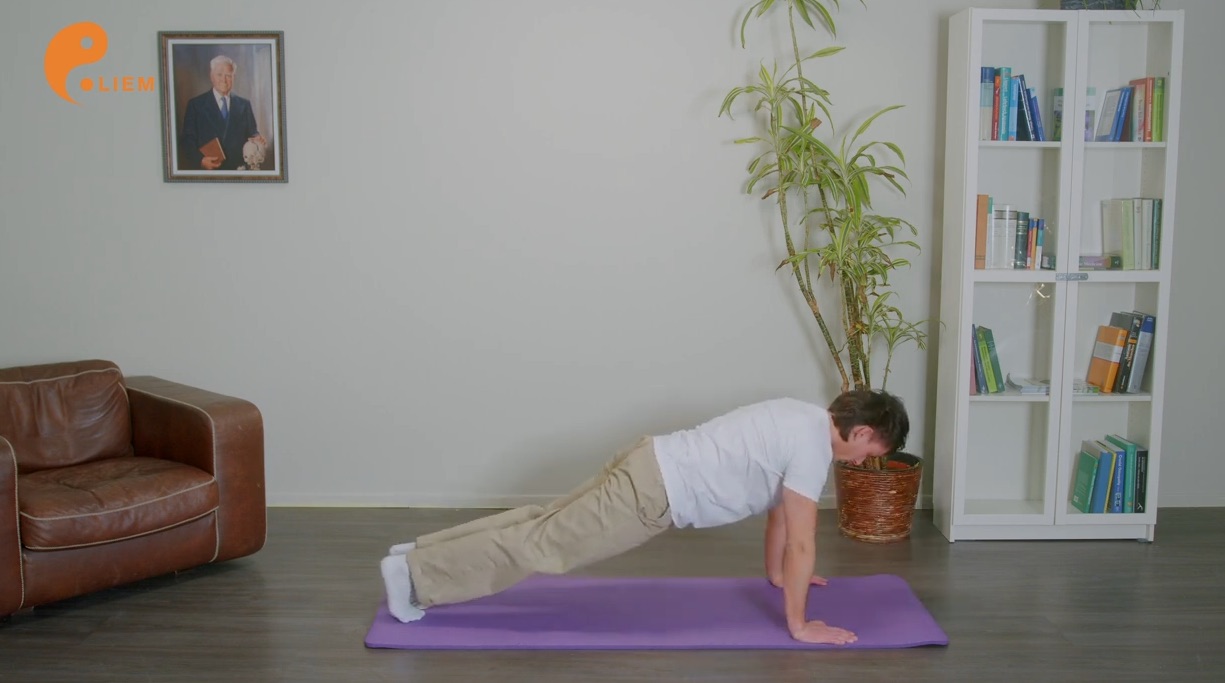
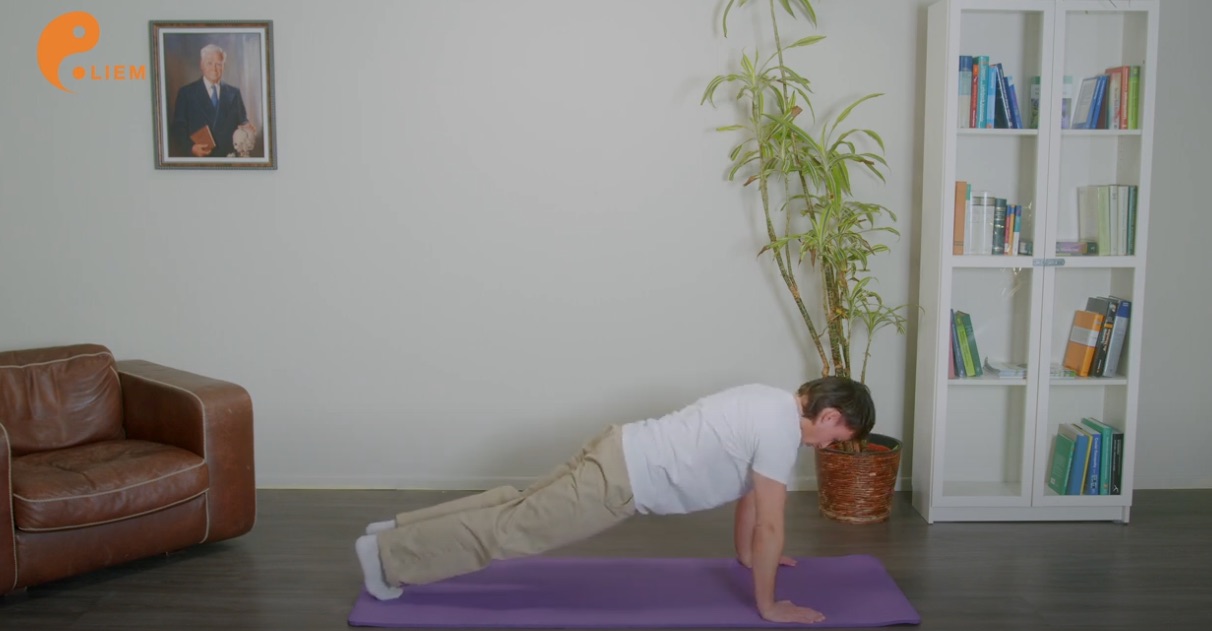
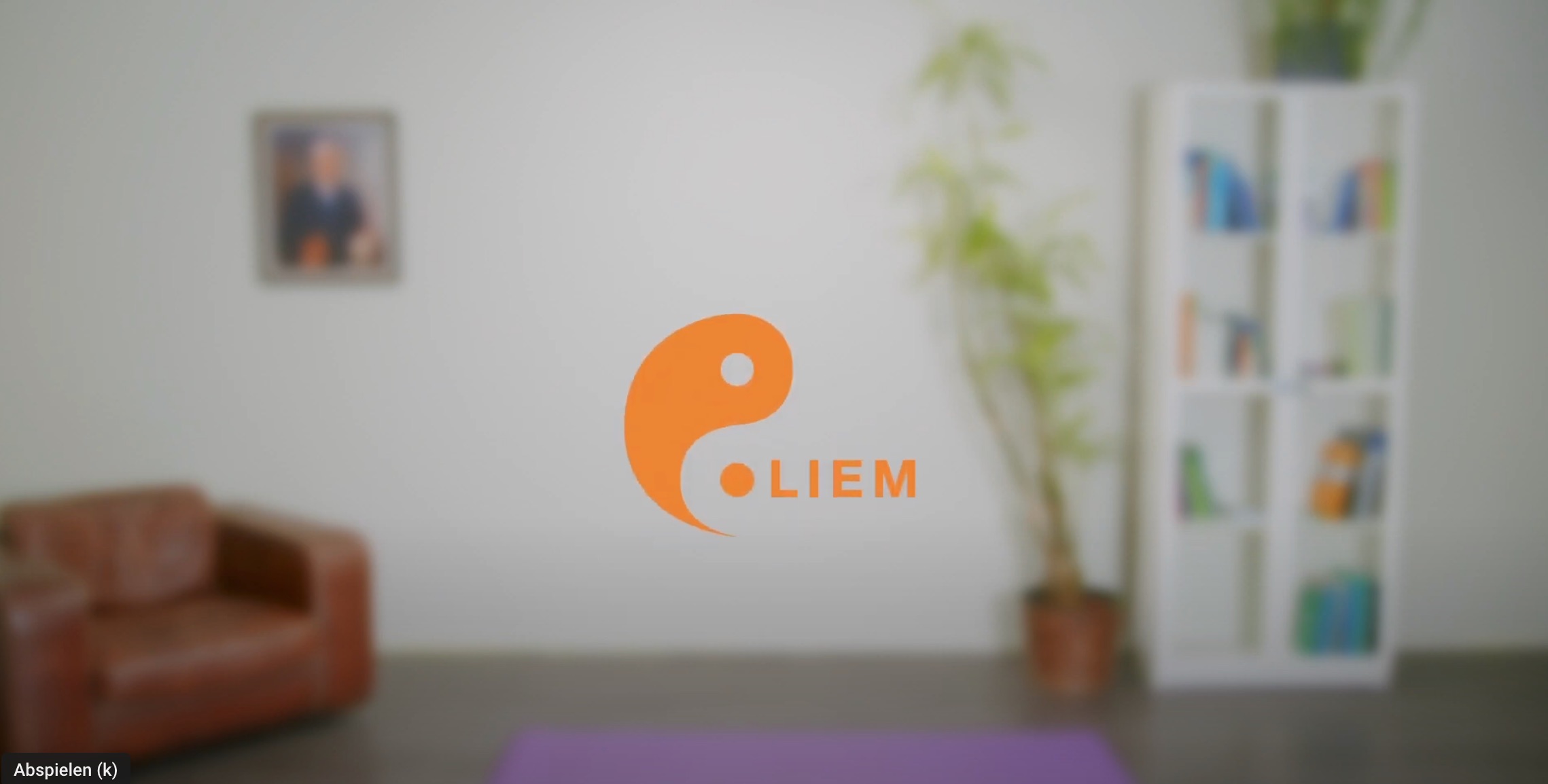
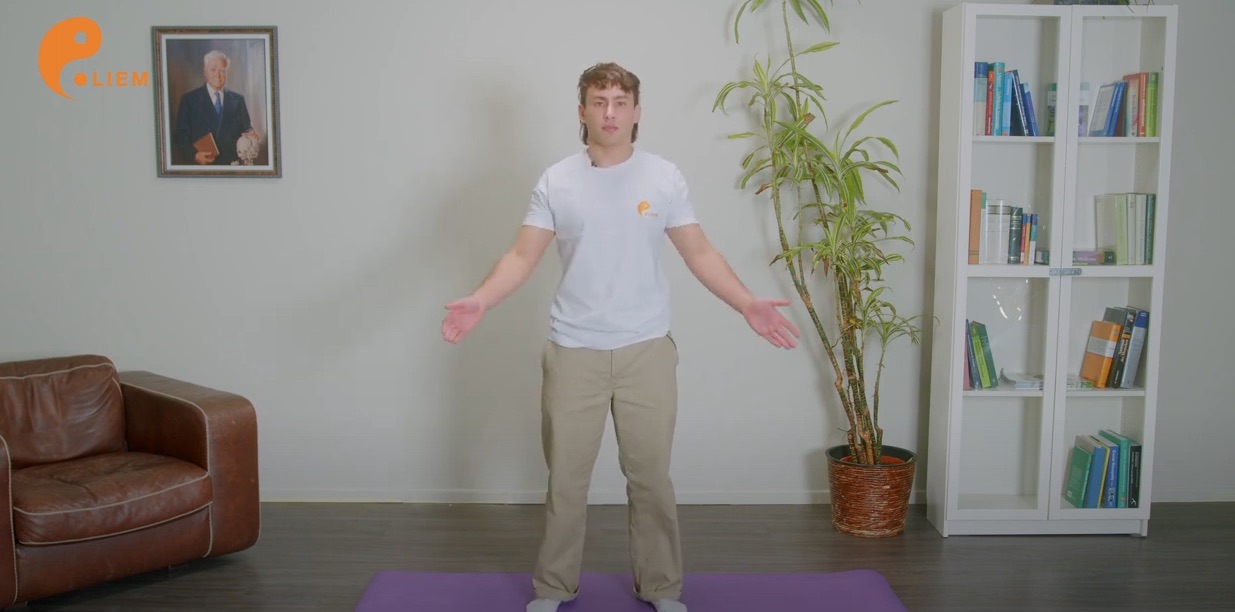
Liem Osteopathy Centre
Frahmredder 16
22393 Hamburg
Wir rufen Sie zurück!